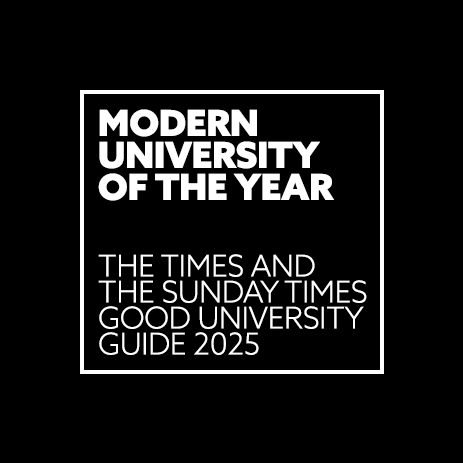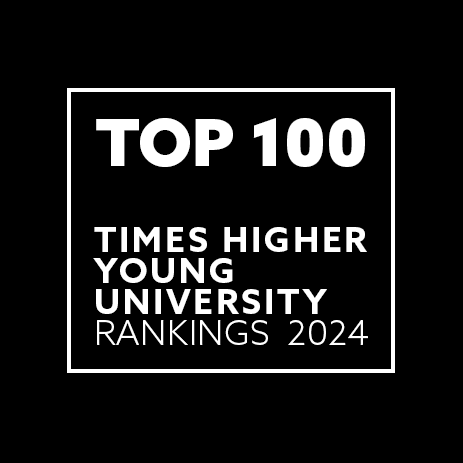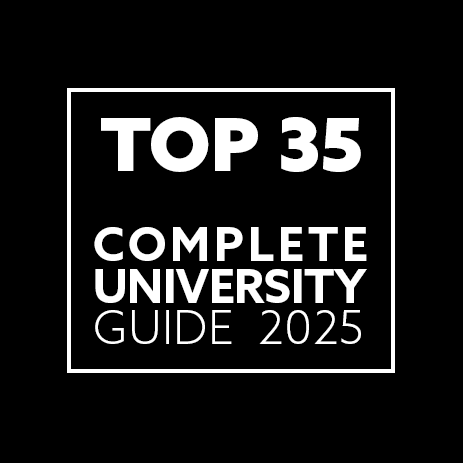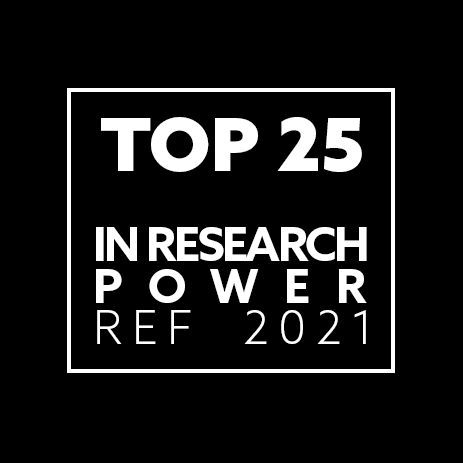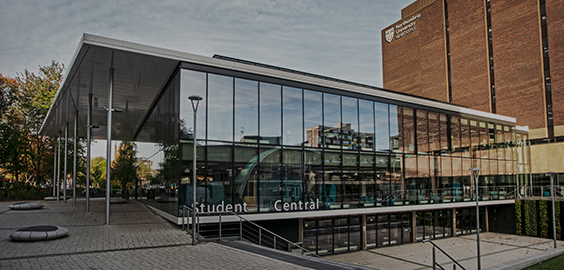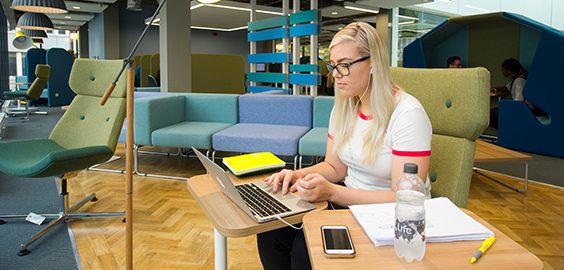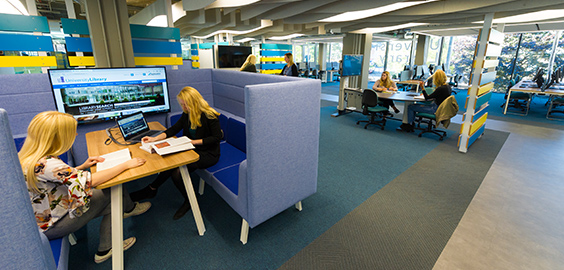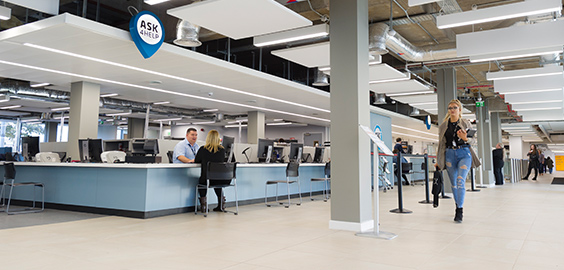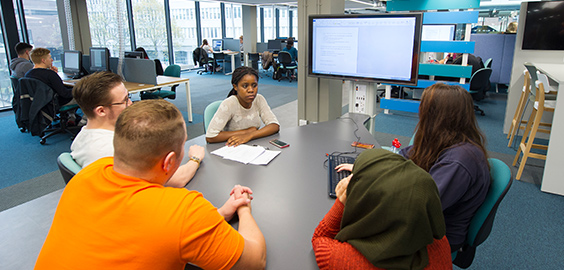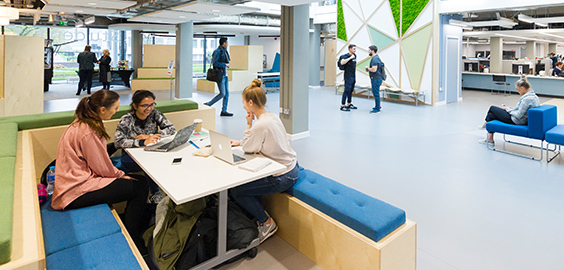This module will provide a space to familiarize yourself with the case study as a tool for the investigation of social, economic, cultural and technological phenomena connected with the field of mass communication studies. Whether your interests lie in how people from ethnic minorities or standards of beauty are represented in the media, success stories in the market of mobile apps, use of social media for marketing purposes or how Twitter is used in discussion of popular television, this module will offer you a mix of knowledge, materials of reference and guidance to engage in choosing, planning, conducting and writing a case study for your assessment. A key component of the module will involve the study of iconic case studies such as Apple, Amazon, Microsoft, Google, Netflix and the BBC, through which you'll be able to identify the characteristics of well-designed study cases. The module will be a valuable experience to learn aspects of the research process you could apply for writing essays, under- and postgraduate dissertations, whilst providing you with skills you could apply in a variety of professions such as journalism, marketing, public relations, and policy-making. Part of the core knowledge and skills that you will be expected to develop for this module will involve you in familiarising yourself with the extensive array of Northumbria University’s digital resources. You will then be expected to use electronic repositories of data, reference, archive and multimedia materials, such as LexisNexis, WaybackMachine, Box of Broadcasts, and EBSCO, among others, to research the original content required to develop your own case study.
More information
 Option for Placement Year
Option for Placement Year Option for Study Abroad
Option for Study Abroad

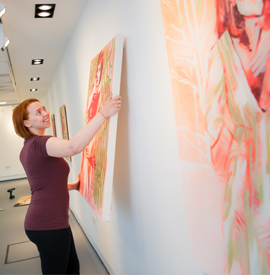

.jpg?modified=20230609134345)
.jpg?modified=20230609134008)
